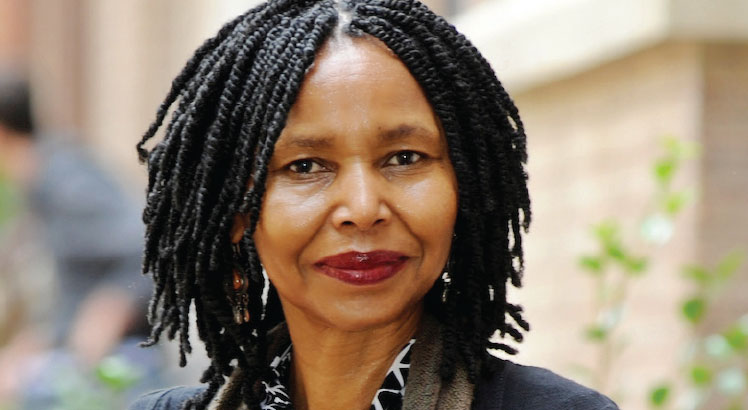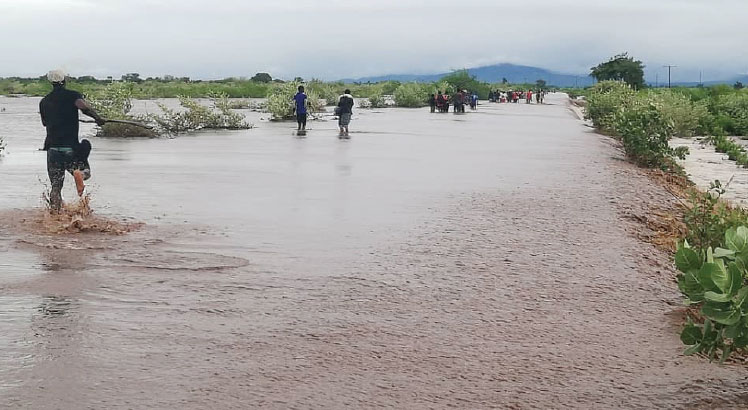A new study has found that burns are often associated with poverty, gender inequality and food insecurity.
In the study conducted by the Centre for Human Rights and Rehabilitation (CHRR) in collaboration with University of North Carolina (UNC) of the United States of America, researchers Eunice Sahle, a faculty member at UNC and Marie Garlock, a health equity researcher, found that due to poverty, families are often limited in their ability to provide adequate protection against such injuries because of lack of safe cooking equipment and limited space where fire is used to cook.
Led the research: Sahle
Reads part of the research findings released yesterday: “Additionally, gender inequality and family violence often result in burn injuries where people with more social status harm those with less, husbands lashing out at wives, uncles at nieces and parents at children.
“One respondent narrated how her jealous husband, thinking that she had left her home to see another man when she went to her sister to collect a child, poured hot porridge on her.”
On food insecurity, the study said many of those interviewed sustained burns due to lack of food in the home, resulting in disgruntled family members, mostly men, causing violence.
“Additionally, the study revealed that survivors of burn injuries often lack access to adequate healthcare. Supplies of essential medicines, appropriate bandaging, and surgery and recovery resources are often lacking in hospitals, resulting in patients recovering from home without their wounds being dressed,” the report further reads.
The study further notes that a culture of stigma around burns results in social isolation.
Among others, it recommends the adequate supply of burn injury supplies in hospitals, incorporating psychological care in hospital setup and addressing economic inequality.
In an interview yesterday, CHRR executive director Michael Kaiyatsa said his organisation wants authorities to reduce poverty as a way of dealing with gender-based violence.
“There is need for awareness in understanding gender-based violence laws such as Prevention of Domestic Violence Act of 2006, Gender Equity of 2012 and Deceased Estate of 2011,” he said.
The study used a qualitative approach to explore the contextual factors associated with burns. It was conducted in two rural communities in Malawi, namely Traditional Authority (T/A) Chiseka in Lilongwe and T/A Kalonga in Salima.
The post New study links burns to poverty, gender inequality appeared first on The Nation Online.
 Moni Malawi
Moni Malawi 

